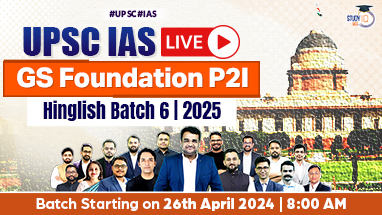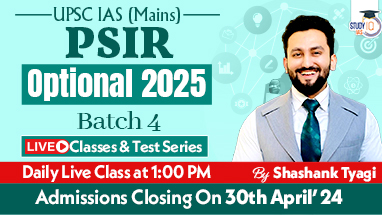Table of Contents
Exam View: History of LGBTQ+ Recognition in India, Challenges Faced by LGBTQ+ Community in India
In News: The recent comments on LGBTQ+ communities by various organisations have generated polarised responses.
More on LGBTQ+ Rights
- LGBTQ+ mainly refers to those who identify as being lesbian, gay, bisexual, transgender, queer (questioning one’s sexual or gender identity), intersex, and asexual.
- Recognition for LGBTQ: The Indian Penal Code (IPC) Section 377 is a law that criminalizes homosexuality and was enacted in 1861 during the British control of India. It referred to unnatural offences.
- The Supreme Court (SC) decriminalized homosexuality by striking down portions of Section 377 of the Indian Penal Code (IPC) that were found to be in violation of the LGBTQ community’s fundamental rights.
- After a long struggle, including various movements and demonstrations in different parts of the globe, several nations, including India, have officially recognized third sex and homosexuals as equal citizens.
- However, despite this progress, discrimination, and marginalisation of the LGBTQ+ community remains prevalent in India.
- Transgender individuals, in particular, face significant challenges in accessing healthcare, education, and employment opportunities, and are often denied basic rights.

Challenges Faced by LGBTQ+ Community in India
- Family pressure: The problem of sexual orientation and gender identity leads to fighting and family disruption. Lack of communication and misunderstanding between parents and their LGBTQ+ children increases family conflict.
- Social Discrimination: LGBTQ+ individuals often face discrimination in various aspects of their lives, such as in the workplace, housing, and healthcare. This can make it difficult for them to live openly and safely. Discrimination can also lead to poverty, and lack of basic necessities.
- Insufficient Opportunities: Employment opportunities are negatively impacted when it is challenging to get appropriate documentation relating to one’s gender identification, including school records.
- Unheard Voices: The voices of LGBTQ+ persons living in metropolitan areas are heard via various online and in the real world. People who identify as LGBTQ+ in rural areas may repress their sentiments owing to a lack of exposure, comfort, and internet access in their region.
- Homelessness: Most LGBTQ+ kids who are homeless have either been pushed out of their families for being gay or have run away to escape violent relationships or situations. They are deprived of an education and the necessary social support during the most formative years of their lives.
- Lack of Representation: LGBTQ+ individuals are often underrepresented in media, politics and governance and are not included in mainstream society.
- This can make it difficult for them to have their voices heard and for their needs to be addressed.
- Mental Health Issues: LGBTQ+ individuals are often victims of hate crimes, including physical and verbal abuse, bullying, and harassment. This can lead to fear and insecurity in the community and can affect physical and mental well-being.
Way Forward
- Alterations in the General Public’s Attitude: Television and movies will likely prove to be the most effective tools for redefining family roles and attitudes because they are accessible to rural populations.
- Promote Equal Treatment: There is a need to understand that people with LGBTQ+ identities aren’t aliens, they’re not sick, and their sexual preference is innate. Homosexuality is a normal phenomenon, not a disability.
- Supportive Policies and Laws: The government can create supportive policies and laws that protect LGBTQ+ individuals from discrimination, hate crimes, and violence.
- This can include laws that protect the rights of transgender individuals and policies that ensure access to healthcare that is sensitive to the needs of the LGBTQ+ community.
- Acceptance in Family: Human society is just a sphere around us, our parents are at closest vicinity, and they must be open to accepting their children’s identity so that society as a large can embrace diversity and accept each child’s uniqueness.
- Youth Awareness and Empowerment: It is necessary to have a platform that is both open and readily available for them to feel acknowledged and at ease while discussing their emotions.
Conclusion:
- The Supreme Court decriminalized section 377. Now the next step should be to make the society LGBTQ+ community friendly and deter any form of discrimination or cruelty against them.
- This can be achieved by incorporating various practices like introducing sex education in schools.

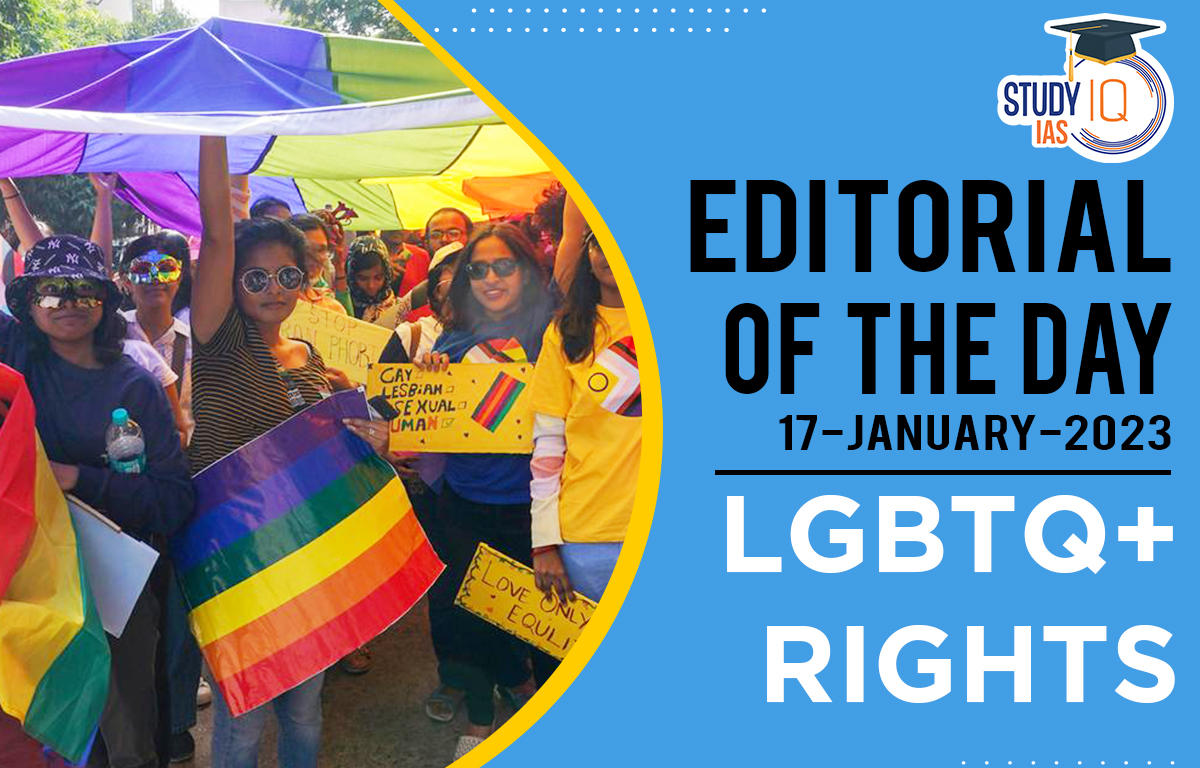
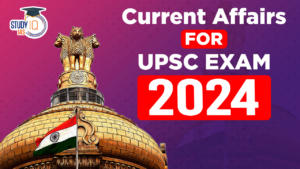 Current Affairs 25th April 2024 for UPSC...
Current Affairs 25th April 2024 for UPSC...
 Editorial of the day (25th Apr): UK's Rw...
Editorial of the day (25th Apr): UK's Rw...
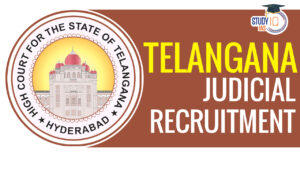 Telangana Judicial Recruitment Notificat...
Telangana Judicial Recruitment Notificat...
